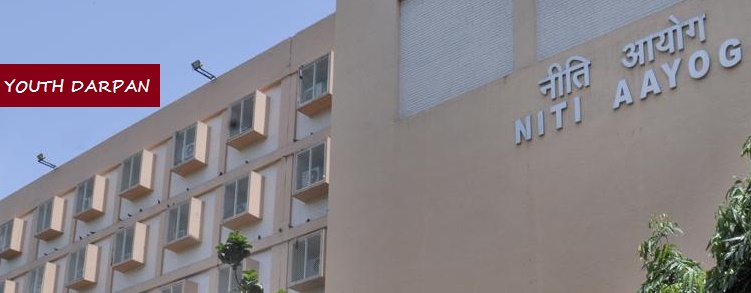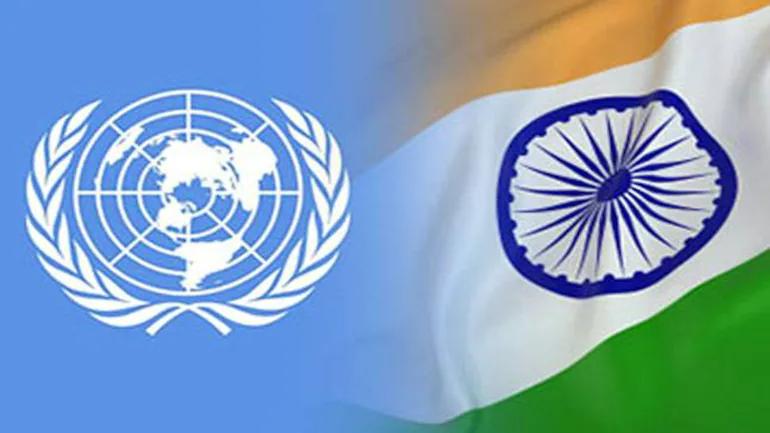NITI Aayog in collaboration with the European Union delegation to India have released the Strategy on Resource Efficiency at a function in the capital today. The report included in action plan for promoting resource efficiency in India. The strategy paper was unveiled by the Principal Adviser to NITI Aayog, Shri Ratan P.Watal, Indian resource panel member Dr. Tishyarakshit Chatterjee, Ms. Henriette Faergemann, EU Counsellor, Environment, Energy & Climate change. A large number of experts, academicians and delegates participated in the event.
Mr. Ratan P. Watal, Principal Advisor, NITI Aayog, mentioned that sustainability is a global priority and SDGs commitment and 11th Five year plan clearly enunciate importance of Resource efficiency (RE). Resource Efficiency and Circular Economy are important goals and central principles for achieving sustainable development. Resource efficiency very simply put is making more with fewer materials. In practice, through a life-cycle approach, it leads to minimizing impact on environment & the associated societal burdens, transforming ‘waste’ into ‘resources’ fostering circular economy, and strengthening resource security.
Ms. Henriette Faergemann, EU Counsellor, Environment, Energy & Climate change mentioned that it is evident the RE agenda in India has gained not only national priority during the EU-India summit in October this year but also in the G 20 RE dialogue in Berlin, Germany on November 27, 2017. EU will support the GoI, especially MoEFCC and NITI Aayog in implementing the RE strategy.
Dr. Tishyarakshit Chatterjee, Indian Resource Panel member and former Secretary MoEFCC highlighted that this strategy is the first policy document to emphasize resource productivity in the country. Mr. Sachin Joshi, COO of CII-ITC Centre of Excellence for Sustainable Development, said that the RE Strategy emphasizes on Sustainable Public Procurement (SSP) as an action agenda which will be the market transformation tool to transform to a resource efficient economy.
The document is developed with the recommendations from the Indian Resource Efficiency Programme (IREP), launched by the Indian Ministry of Environment, Forests and Climate Change (MoEFCC) and Indian Resource Panel (InRP) in April 2017. The work on Resource Efficiency Strategy and proposed plan of action (core and medium term) will be supported for its implementation by the European Union (EU) funded Resource Efficiency Initiative (EU-REI) led by GIZ in the consortium with TERI, CII and Adelphi. NITI Aayog has provided key support in positioning this document for public consultation, and charting the way forward.
Backgrounder
India’s large population, rapid urbanization and expanding industrial production have led to exploitation of available limited natural resources with concerns regarding resource depletion and future availability becoming more pronounced. Ensuring resource security requires and integrated, concerted and collaborative approach in order to fulfill the needs of a vast and growing population. Also, the environmental burdens emanating due to resource extraction, utilization and disposal, including land degradation, biodiversity loss, as well as air and water pollution remain of great concern, Enhancing resource efficiency (RE) and promoting the use of secondary raw materials (SRM) is a pertinent strategy to address these challenges and reduce dependence on primary resource.
























